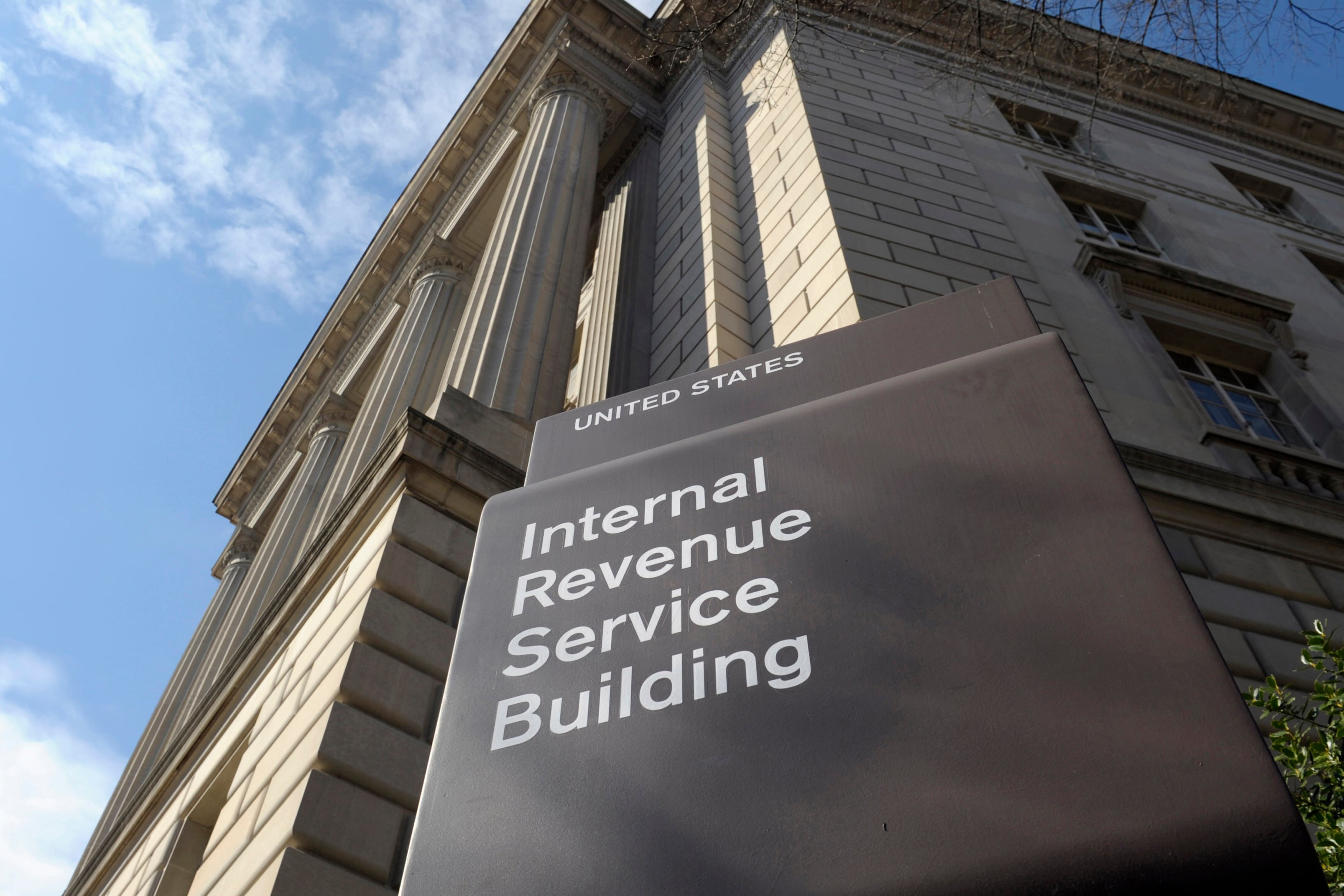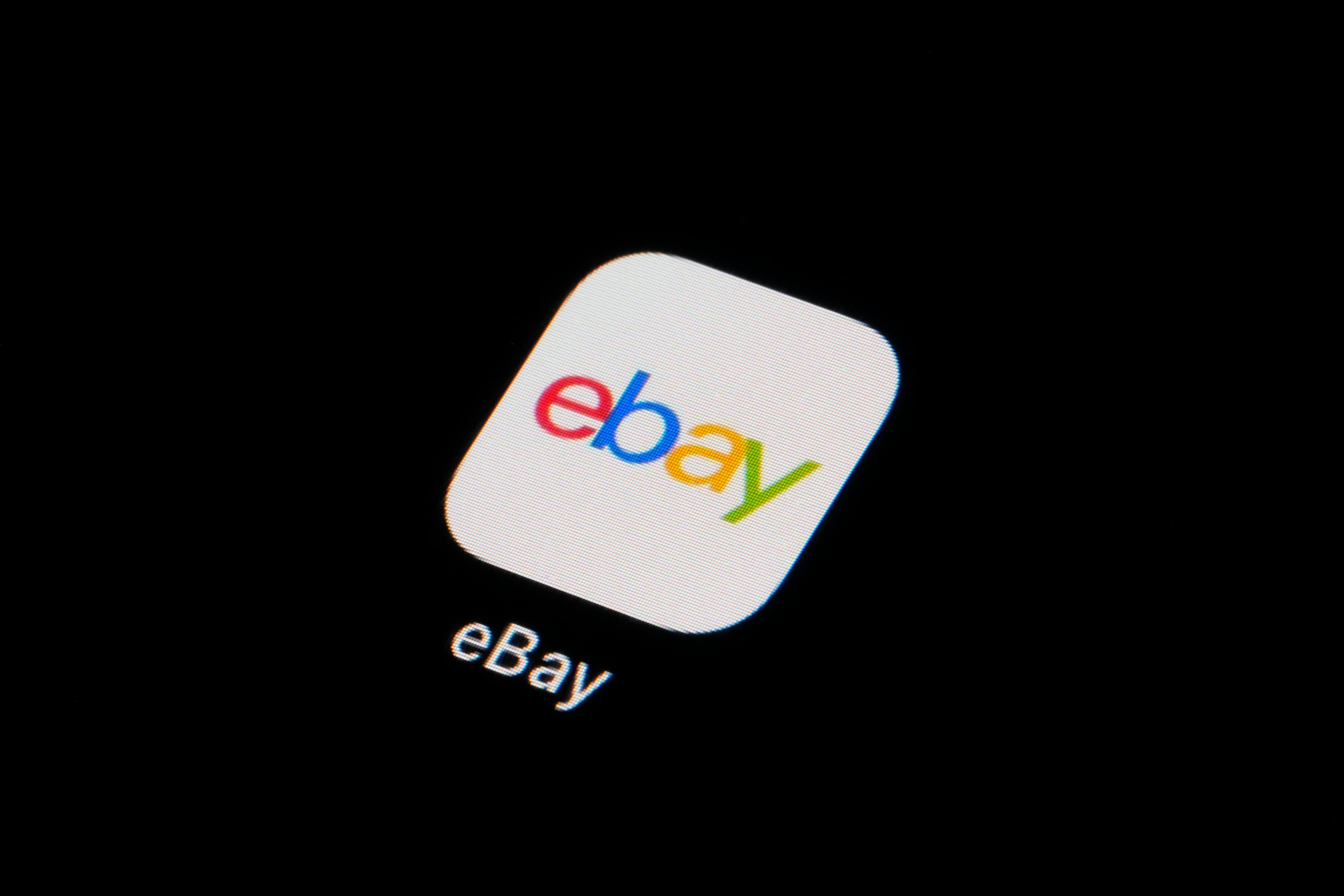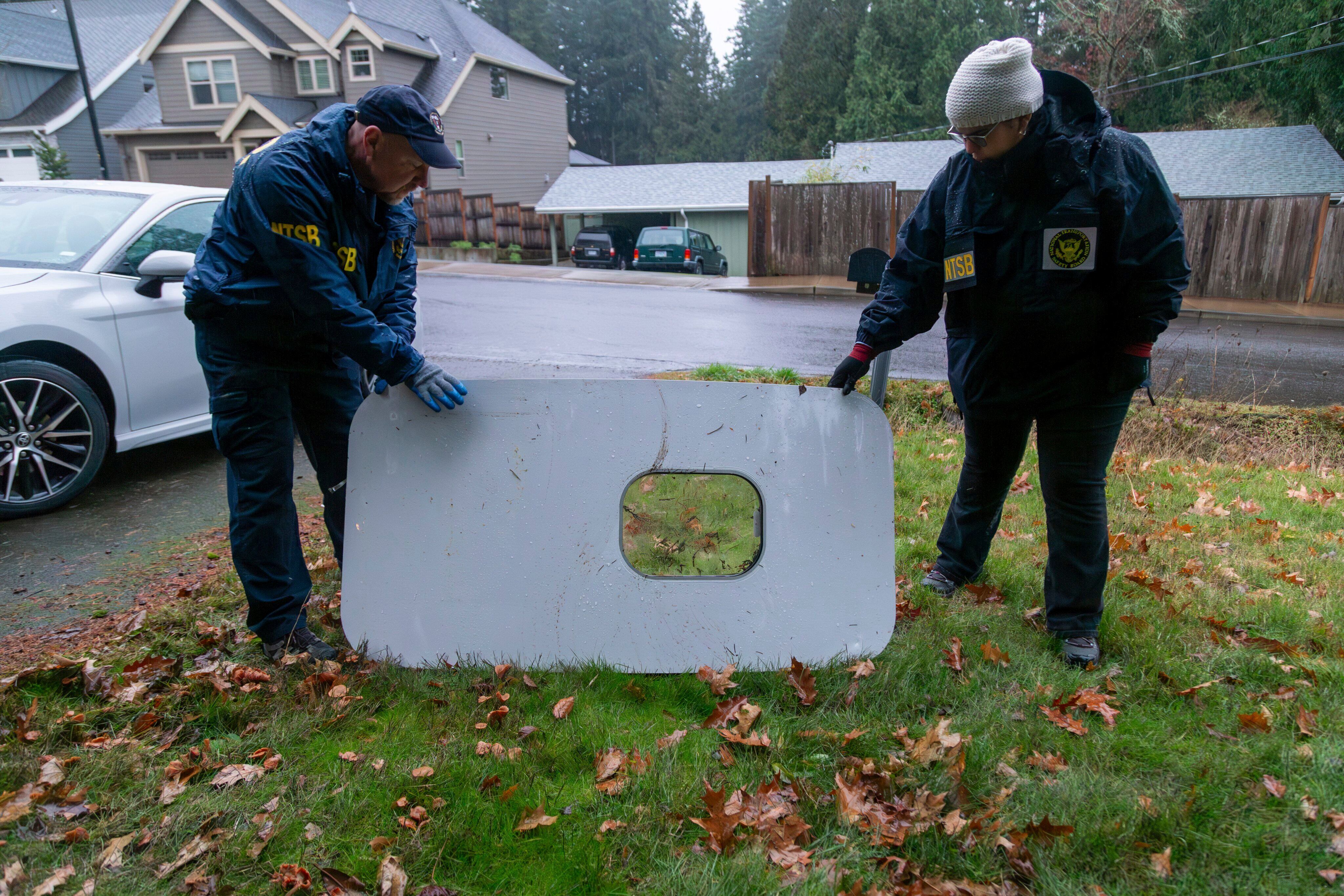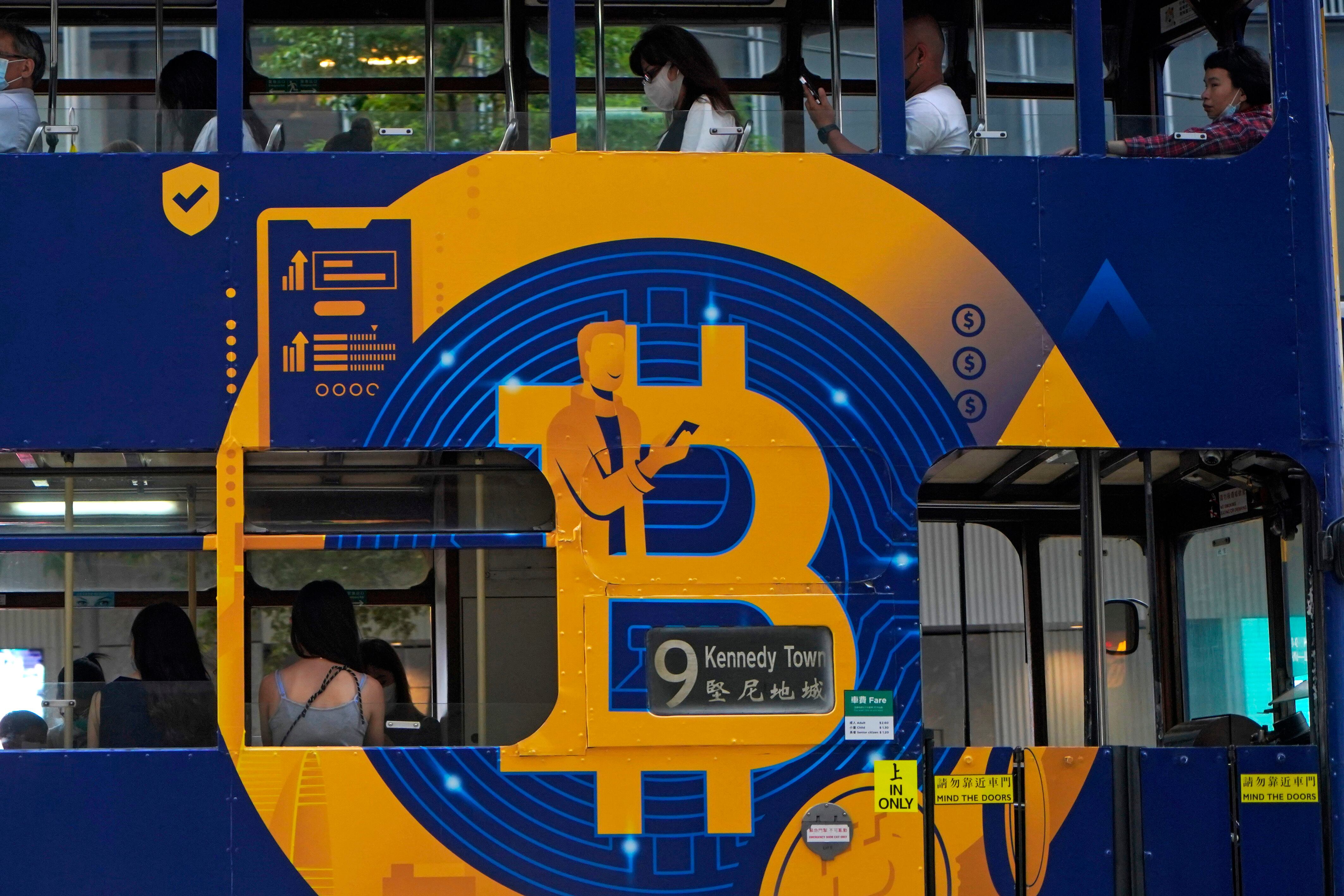By Michelle Chapman
Richard Branson's Virgin Orbit is letting go of almost its entire work force with the satellite launch company finding it difficult to secure funding three months after a failed mission.
The company, headquartered in Long Beach, California, will cut 675 jobs, about 85% of its workforce, according to a Friday filing with the U.S. Securities and Exchange Commission.
Earlier this month Virgin Orbit said that it was pausing all operations amid reports of possible job cuts. At the time the company confirmed that it was putting all work on hold, but didn’t say for how long.
In January, a mission by Virgin Orbit to launch the first satellites into orbit from Europe failed after a rocket’s upper stage prematurely shut down. It was a setback in the United Kingdom which had hoped that the launch from Cornwall in southwest England would mark the beginning of more commercial opportunities for the U.K. space industry.
The company said in February that an investigation found that its rocket’s fuel filter had become dislodged, causing an engine to become overheated and other components to malfunction over the Atlantic Ocean.
Virgin Orbit has completed four successful satellite launches so far from California for a mix of commercial and U.S. government defense uses.
Virgin Orbit said in a regulatory filing on Friday that the job cuts will occur in all areas of the company.
It expects about $15.5 million in charges related to the job cuts, with the majority of the charges taking place in the first quarter. The company anticipates $8.8 million in severance payments and employee benefits costs and $6.5 million in other employee-related costs.
Virgin Orbit anticipates the job cuts being mostly complete by Monday.
Virgin Orbit, which is listed on the Nasdaq stock exchange, was founded in 2017 by British billionaire Richard Branson to target the market for launching small satellites into space. Its LauncherOne rockets are launched from the air from modified Virgin passenger planes, allowing the company to operate more flexibly than using fixed launch sites.












